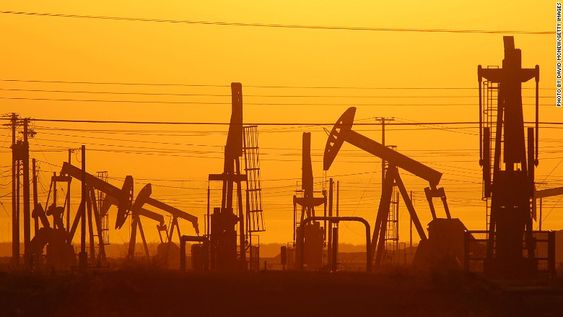Reynaldo Lugtu Jr. l November 8, 2024 l The Manila Times

DONALD Trump’s return as US President-elect could lead to a range of impacts on the Philippine economy, shaped by his known stances on trade, immigration, and foreign policy.
Trump’s “America First” policies are likely to renew pressure on the Philippines to adapt to a more protectionist US economic approach. The emphasis on reshoring American jobs and curbing dependence on foreign labor could particularly affect the Philippines’ business process outsourcing (BPO) industry, which relies heavily on American clients. It may encourage American companies to bring jobs back to the US, posing challenges for the Philippines’ significant BPO sector, which employs millions of Filipinos and contributes over $30 billion annually in revenues.
While Trump’s previous term in 2017-2021 saw him adopt a transactional foreign policy, a repeat could mean risks and opportunities for Philippine businesses. Trump favors bilateral trade deals over multilateral agreements, potentially opening avenues for the Philippines to negotiate deals that directly favor its interests.
Uncertain, complex
However, Trump’s unpredictability and preference for aggressive renegotiations could make such opportunities uncertain and complex to secure. For instance, a bilateral agreement could lead to more favorable conditions for Philippine exports, but any such deal would likely come with demands benefiting US companies and economic interests.
On foreign policy, Trump’s stance towards China also factors into Philippine concerns, particularly in the West Philippine Sea. Trump has oscillated between confrontational rhetoric and a pragmatic approach with China, prioritizing economic gains and competition over consistent regional support.
For the Philippines, which has sought US backing in its territorial disputes with China, a less predictable or diminished US presence could embolden China to assert its claims more aggressively, potentially destabilizing Philippine trade and security interests amid the disputed territorial waters.
In contrast, a more committed US stance, as seen in the Biden administration, has provided reassurance to Philippine leaders, helping to maintain a balance of power in the region. Without a clear US commitment, the Philippines may have to further strengthen its own defense strategies and diversify its alliances, including exploring new partnerships within Southeast Asia.
Trump’s policies on energy independence may have indirect but significant effects on the Philippine economy. His commitment to reducing US reliance on foreign energy sources, and favoring domestic production of oil and natural gas, could keep global oil prices lower.
Since the Philippines imports more than 90 percent of its oil needs, sustained low oil prices would benefit its economy by reducing import costs, thus lowering overall consumer prices and supporting growth in energy-dependent sectors such as transportation and manufacturing.
On immigration, Trump’s previous stance of stricter controls and prioritizing American workers might also impact the Filipino diaspora in the US, which is substantial and has a significant economic impact on the Philippines through remittances. Stricter immigration policies could slow the flow of new Filipino workers to America. Remittances from overseas Filipino workers are a critical economic driver, accounting for nearly 10 percent of the country’s gross domestic product.
In conclusion, Trump’s reelection may introduce a mixed bag of outcomes for the Philippines. On one hand, potential challenges loom for the BPO sector and remittance inflows due to Trump’s “America First” policies, along with the uncertainty in the Philippines’ strategic positioning in the West Philippine Sea.
On the other, there are potential benefits like reduced oil prices and possible opportunities in bilateral trade deals. Philippine leaders and businesses may need to navigate these complexities strategically, adapting to shifts in US policy while also pursuing broader regional partnerships and economic diversification.
*** The author is the founder and CEO of Hungry Workhorse, a digital, culture, and customer experience transformation consulting firm. He is a Fellow at the US-based Institute for Digital Transformation. He teaches strategic management and digital transformation in the MBA Program at De La Salle University. His views and opinion do not necessarily represent the those of FINEX. He may be emailed at rey.lugtu@hungryworkhorse.com. Photo from Pinterest.

